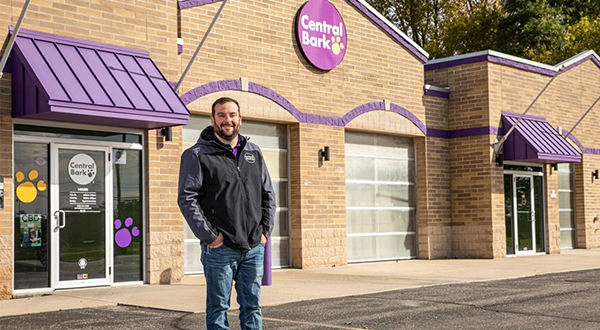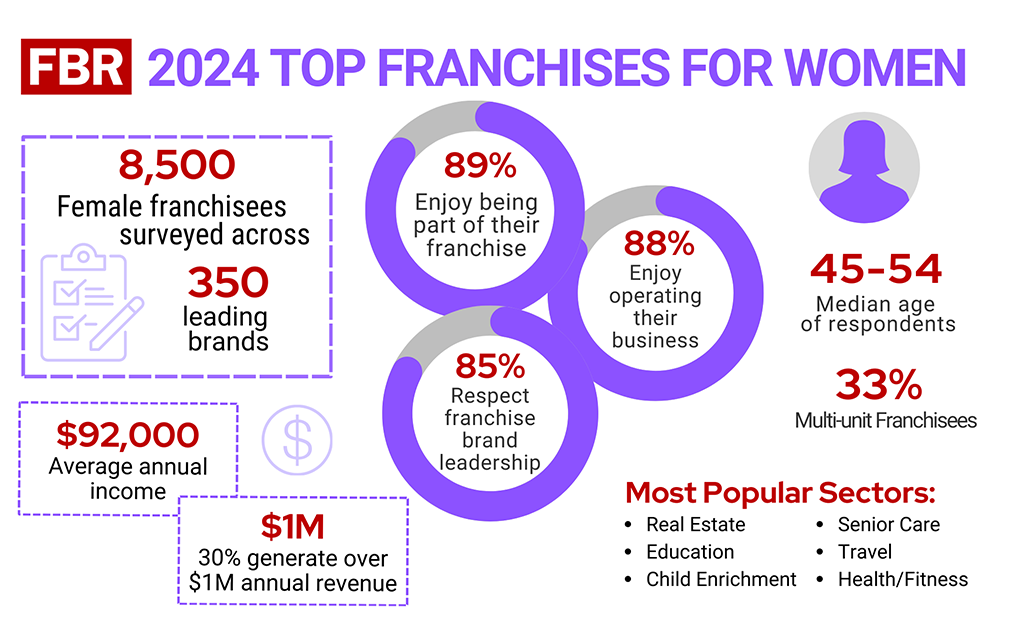Many people ask, “Is crowdfunding a good way to finance my franchise?” The answer is: It depends. In many cases, crowdfunding isn’t an optimal method of small business financing — in part, due to its lack of reliability and sustainability. In Guidant Financials’ Small Business Trends survey, we saw a 10% year over year drop in business owners utilizing crowdfunding, placing it at the bottom of financing methods with less than 1% use.
While crowdfunding is an exciting and tempting fundraising method, it rarely provides enough financing to get a business off the ground. The average successful crowdfunding campaign only raises $7k and on Kickstarter, only about 36% of projects get fully funded.
Rollovers for Business Startups (ROBS) can be a good alternative that allows you to start your business cash-rich and debt-free. You can use ROBS (also known as 401(k) business financing) if you have at least $50k in an eligible retirement account. Other options include SBA loans, unsecured loans, and portfolio loans.
Discover the Best Small Business Loans and Grants for Veterans
Unfortunately, it can be hard to secure funding for a small business—in fact, funding was the greatest challenge cited by small business owners. So, while the above financing options may offer better alternatives to crowdfunding, they aren’t right—or available—for every new entrepreneur. If this is true for you, crowdfunding is an option, especially if you need smaller amounts of money. You may also want to consider using crowdfunding in conjunction with other forms of financing. For example, rewards-based crowdfunding can be used with ROBS (though equity crowdfunding can’t). You might be asking, what’s the difference between equity crowdfunding and reward-based crowdfunding?
Equity crowdfunding is regulated by the government. When investors give money, in return they receive a small piece of equity in the company. Generally (but not always), equity crowdfunding is the most popular option for small business funding.
Reward-based crowdfunding is most often used for specific products, creative projects, and social causes. When backers give money, they are usually rewarded with discounted products, supporting merchandise, or other perks.
One critical key to successful crowdfunding is selecting the best platform for your needs. While crowdsourcing platforms usually take a cut of raised funds, they provide a place for your financing efforts to be showcased, marketed, or even directly matched with those who are interested in funding your type of business.
Choosing an Equity Crowdfunding Platform
Wefunder helped make equity or “regulated crowdfunding” legal and is one of the earliest platforms in operation. Wefunder has seen over $75 million of investments (including from its pre-regulated crowdfunding business). Allowing a minimum investment of $100, Wefunder gives startups the option to raise funds without venture capital.
FlashFunders allows a minimum $50 investment to “the crowd,” international, and accredited consumers. Investors on FlashFunders purchase securities (such as equity, debt, and revenue participation notes) in privately held companies. FlashFunders also offers a pitch editor, legal onboarding, post-fundraising investor management, and other programs.
Crowdfunder has a network of over 130k entrepreneurs and investors that its platform helps connect. Crowdfunder works with startups at all stages of funding. The platform offers instant connection with their network of investors, best practices for deal optimization, ad campaigns, and other resources.
StartEngine focuses on innovative methods of investment. They were the first platform to launch a regulated crowdfunded ICO — a crowdfunded initial coin offering. An ICO is used in the cryptocurrency space, similarly to an IPO (Initial Public Offering) in mainstream investing. StartEngine plans to use blockchain to create new service and services, though they also currently offer regulation crowdfunding.
Reward-Based Crowdfunding Platforms
Fundable is focused on helping companies gain capital, offering both reward-based and equity crowdfunding. Fundable allows businesses to defer payment until the launch of the fundraising campaign, allowing time for campaign planning and creation. Part of Startups.co, Fundable startups have raised over $466 million in funding commitments.
Kickstarter is one of the main reasons that “crowdfunding” has become a commonly known phrase. A major hub for creative efforts, Kickstarter focuses on project-based funding in anything from food to fashion. Launched in 2009, Kickstarter has seen over 155,000 projects funded with over $4.1 billion pledged.
Indiegogo is also a well-known platform, having funded everything from restaurants to motion pictures. Indiegogo offers a campaign extension program, a marketplace, and an equity crowdfunding program in addition to its reward-based platform. It also partners with GoFundMe for personal cause campaigns.
Patreon is focused on long-term solutions for crowdfunding instead of starter capital. As its name implies, it’s focused on artistic or creative projects, providing an opportunity for ongoing revenue. Patreon lets backers (patrons) subscribe to creators on a basis chosen by the creator, such as on project completion or monthly dues.
Closely evaluate the amount of funding you need before you embark on your entrepreneurial journey— and closely consider whether or not crowdfunding is right for you. Sometimes the more tried-and-tested forms of financing are the better alternative.
Click Here to request a complimentary consultation with our trusted financing partner.
Related Content:
Should I Use a 401K Rollover to Finance My Business Startup?
Should I Use an Unsecured Business Loan to Finance My Franchise?
Is an SBA Loan a Good Option for Franchise Financing?
Content Provided by Guidant Financial – a trusted FBR partner.



